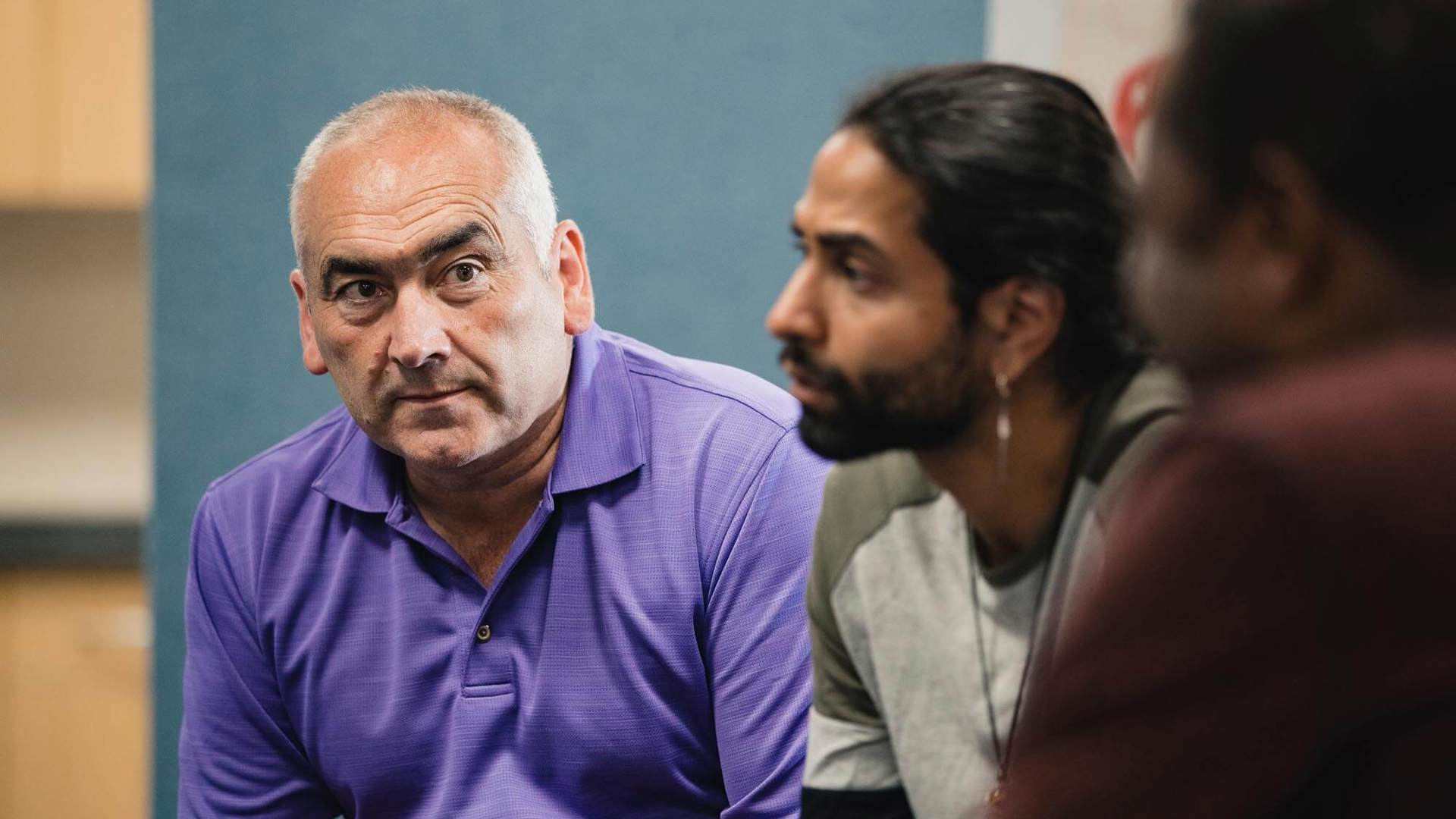
How to be a better listener
Listening is a skill that can change your relationships with others and allow people around you to feel heard and seen. The art of listening is one that can be overlooked. For psychotherapists and psychotherapeutic counsellors, listening is an essential part of their job, lending their ear to clients in need of psychological support. In this blog piece, we talk to three of our members to find how we can listen better.
 Even if we are willing to help, it can be hard to listen to the reality of a loved one's lived experiences and how these have affected them. If someone has trusted you enough to open-up, they are asking you to witness their reality even if it can't be changed. Being listened to makes people feel understood and believed. It is valuable to be present as much as you can to make others feel heard, and less alone.
Even if we are willing to help, it can be hard to listen to the reality of a loved one's lived experiences and how these have affected them. If someone has trusted you enough to open-up, they are asking you to witness their reality even if it can't be changed. Being listened to makes people feel understood and believed. It is valuable to be present as much as you can to make others feel heard, and less alone.
Words are shaped by many factors such as culture and society. Therefore, they can feel loaded to people in emotionally vulnerable situations, perhaps to the point of re-triggering.
When speaking to a loved one, it can be helpful to ‘mirror’ the words they are using to describe what has happened, and how it has affected them. This helps people feel believed and heard, perhaps at a point when they are still coming to terms with it all themselves.
 Listening is an 'active experience' in that you have to be mindful to try to understand someone correctly without letting yourself interpret. It is different from just hearing as it takes more focus and more than just the ears.
Listening is an 'active experience' in that you have to be mindful to try to understand someone correctly without letting yourself interpret. It is different from just hearing as it takes more focus and more than just the ears.
Look at body language and breathing too. Encourage the speaker to be open and honest by showing you are with them as they go. Reflections of what has just been said can help, as do nods, ‘hmms’ and other cues such as eye contact or mirroring of body posture. All show you are there with them. Listen to the tone of voice, the speed and rhythm of the words and the breathing. If their voice seems to have a mood or feeling, it can be good to check if your understanding is correct.
Remember the themes or thread of the speaker and reflect them where appropriate. Ask relevant questions to explore or clarify what they are bringing to light. If the speaker seems to have finished or pauses/appears stuck for a bit, you can reflect and summarise what they have just said to show that you got it so far. Be careful not to overdo it, just stay with their speed, do not impose yours.

For some of my clients, being able to share troubling experiences with a safe, non-judgementallistening ear can be really helpful. Below I have included some advice that I have learned through my psychotherapeutic work that can help someone looking to improve their active listening.
- Listen with your eyes as well as your ears.
- Notice facial expressions and body language.
- Be aware of any counter-transference (projection onto another), when you reflect your feelings onto others. This requires more concentration if you’re communicating online and is therefore more tiring.
- Try not to ask leading questions but instead facilitate the narrative of what is being said.
- Good eye-contact and reflecting are great ways to let the person know that you are really listening to them.
- Listen to what is not being said. Avoiding or deflecting certain topics could indicate exactly what the problem is.
- If they find talking to people around them difficult or need more support, you could suggest contacting charities like Samaritans or Mind, who have some great resources. Or perhaps they would like to explore their feelings more deeply in psychotherapy or counselling, UKCP have a list of registered therapists on their website you can explore.
You can also find support by contacting:
In an emergency, call: 999
NHS (England), call: 111
NHS Direct (Wales), call: 0845 46 47
The Samaritans 24-hour helpline, call: 116 123
Share
Like most websites, we use cookies. If this is okay with you, please close this message or read more about your options.

